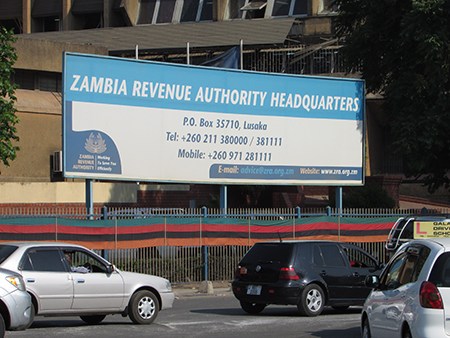• Whilst repeating can be good there is need also to look at the children themselves their ages.
• The Ministry must get some good practices from countries that have succeeded
• Until we see the kind of policy that the Ministry is trying to implement, we can’t agree or disagree with what they want to do.
Zambia National Union of Teachers (ZNUT) is calling on the Ministry of General Education to put in place measures that will ensure that Grade 7 pupils continue progressing to Grade 8, while taking care of those that fail to perform well.
Speaking to Money FM News in an interview, Union Director for Public Relations and International Affairs Joe Kasaka said allowing learners to repeat a grade is not good enough because there are some children who are above 15 years and may not comfortable to go back to Grade 7.
Mr. Kasaka said repeating can be good but the Ministry must look at the pupils’ ages because the repeated Grades are supposed to be matching with the ages of the children.
He advised the Ministry to be getting some good practices from countries that have succeeded in ensuring that every child progresses to the next grade with excellent results.
“What we are saying is that maybe the Ministry can put in place the measures that will ensure that children progress like the way they are progressing to Grade 8, but they should take care of children that are not able to perform well. Repeating children is not good because there are some children that are going to be very old in the grades that they have repeated and they might not be very comfortable in those classes. For instance your child is almost 15 years old and is in grade 7, then you repeat that child so it means the child is going to be 16 years in Grade 7 and at 16 years other children are even completing Grade 12.”
“So what we are thinking is that whilst repeating can be good we need also to look at the children themselves their ages because these grades are supposed to be matching with the ages of the children. So we cannot just be allowing children to repeat for the sake of repeating or because they have not performed well. We need also to get some good practices from other countries that have succeeded in ensuring that every child progresses,” Mr. Kasaka said.
And Mr. Kasaka stated that it is difficult for the Union to either support or disagree with Government’s plan to abolish Grade 7 exams because a clear road Map has not been provided.
“There are other things that the Ministry needs to put in place. So until we see the kind of policy that the Ministry is trying to put in place, we can’t agree or disagree with what they want to do. We can’t support or we can support them, because we see now all children are progressing to Grade 8 even those that are not able to read and write, and these are the ones that fail Grade 9 examinations because they are not prepared well at Primary Level,” he added.
Meanwhile, Zambia National Education Coalition (ZANEC) advised the Ministry of General Education to consider re-examining and changing the Automatic Progression Policy.
Organization Executive Director George Hamusunga said this is to allow children who cannot read and write to either repeat or progress through the vocational career path.
Mr. Hamusunga noted that according to the December 2018 report by Organization for Economic Co-operation and Development (OECD)’s Program for International Student Assessment, only 5% of Grade 7 learners in the country demonstrate minimum proficiency in literacy.
He said this entails that by having the Automatic Progression Policy, the country is allowing pupils in Grade 7 who cannot read and write to progress to Grade 8.
“We are also aware that because of the current Automatic Progression Policy, the 2020 Grade 7 national progression rate was pegged at 100 percent as was the case in 2019. This means that all the 403, 445 candidates who sat the 2020 Grade 7 Composite Examination will progress to grade 8.”
“However, although ZANEC’s interest is to have all children of school going age enrolled in our schools, the Automatic Progression Policy in current form needs to be re-examined and changed,” Mr. Hamusunga stated.
Ministry of General Education Permanent Secretary for Technical Services Jobbicks Kalumba recently said Grade 7 examinations should be abolished and a repeat policy introduced for children who can neither read nor write.
Dr. Kalumba said continuous assessment of pupils alongside implementation of the repeat policy should be enhanced at Grade 7 level to replace examinations.







